No products in the cart.
1. Introduction
At The Ikoma, we prioritize the security of our platform and the privacy of our users. We value the contributions of security researchers in identifying potential vulnerabilities and are committed to addressing any reported issues promptly.
2. Reporting a Vulnerability
If you discover a security vulnerability on our platform, please report it to us immediately by sending an email to [email protected]. Include a detailed description of the issue, including steps to reproduce it, if possible.
3. Our Commitment
- We will acknowledge receipt of your report within 72 hours.
- We will work to validate and address the vulnerability as quickly as possible.
- We will keep you informed of the progress of the fix.
- If you report a vulnerability responsibly, we will not pursue legal action against you.
4. Scope
This policy applies to vulnerabilities in The Ikoma’s web applications, mobile apps, and any associated services. It does not cover issues related to third-party platforms or services not under our direct control.
5. Exclusions
Please avoid:
- Executing any form of attack that could damage the integrity of our platform.
- Accessing or modifying data that does not belong to you.
- Disclosing the vulnerability to others until it has been resolved.
6. Legal Considerations
By submitting a vulnerability report, you agree to comply with applicable laws and not engage in any activity that would harm our users or platform.
7. Contact Information
For any questions or to report a vulnerability, please contact our security team at:
- Email: [email protected]
- Phone: +255 769202936


